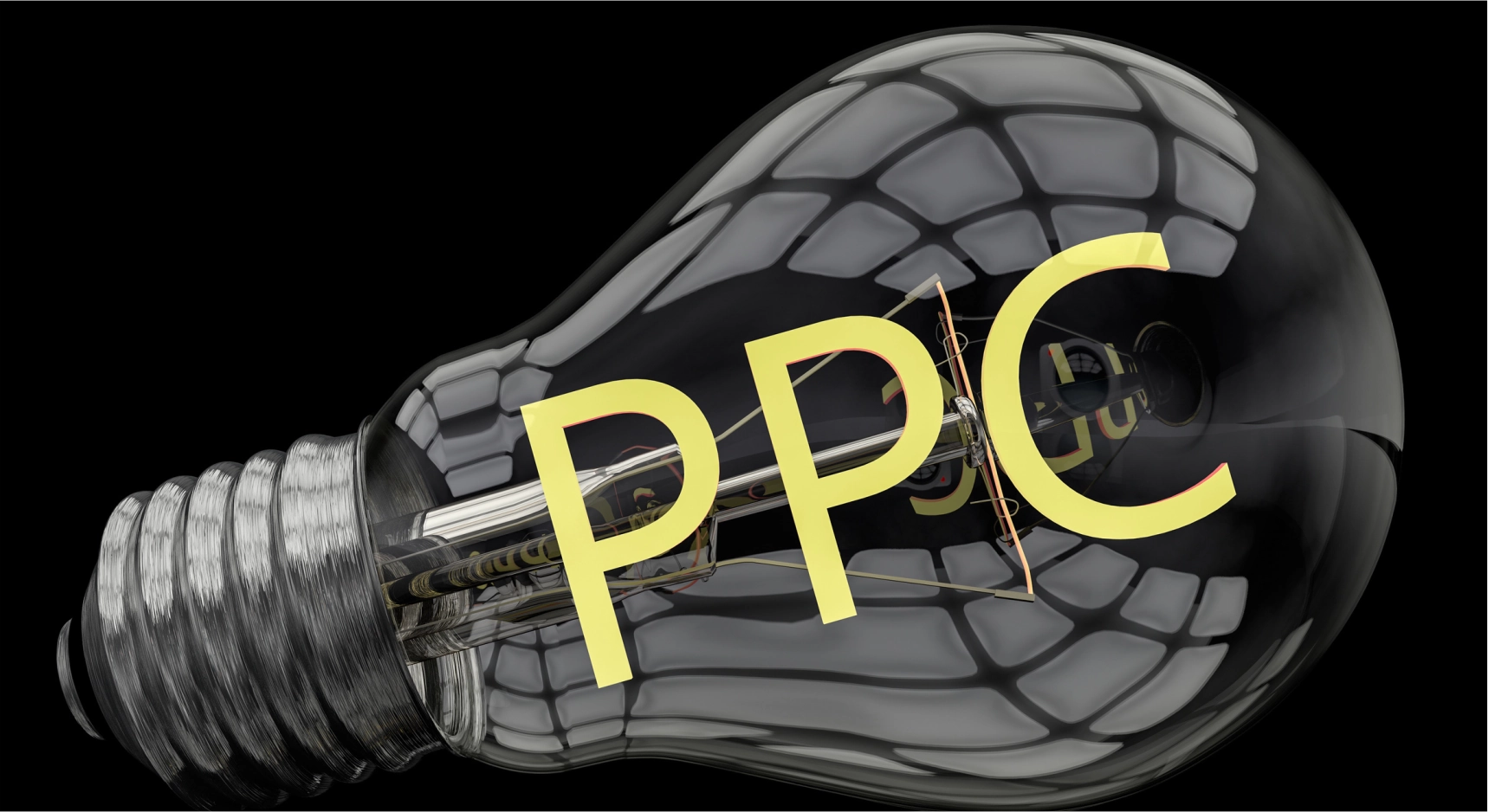


Pay-Per-Click

What is pay per click?


Pay-Per-Click (PPC) is a form of online advertising where advertisers pay each time a user clicks on one of their ads. This is in contrast to other forms of online advertising, such as display ads, where the advertiser pays based on the number of impressions (times the ad is displayed). PPC advertising is typically managed through platforms such as Google AdWords or Bing Ads, and can be used to drive traffic to a website, promote a product or service, or generate leads. In PPC advertising, advertisers create ads and bid on keywords relevant to their target audience. When a user searches for those keywords, the PPC ad may appear at the top or bottom of the search results page. The advertiser is charged each time a user clicks on the ad and is taken to the advertiser's website. PPC advertising can be a cost-effective way to reach a targeted audience, as the advertiser only pays when a user takes a specific action.
What we do for you?


Here are the basic steps to set up a pay-per-click (PPC)
advertising campaign:
1. Define your target audience: Determine who you want to reach
with your ads and create a target audience profile based on
demographics, interests, behaviours, and location.
2. Choose your platform: There are several platforms that offer
PPC advertising, including Google AdWords, Bing Ads, and
Facebook Ads. Choose the platform that best fits your target
audience and advertising goals.
3. Select keywords: Choose keywords that are relevant to your
target audience and that you want to bid on. These keywords will
trigger your ads to appear when a user searches for those
terms.
4. Create your ad: Write the copy and design the visual elements
of your ad. Be sure to include a clear call-to-action (CTA) and
make it easy for users to take the desired action, such as
visiting your website or making a purchase.
5. Set your budget: Determine how much you want to spend on your
PPC advertising campaign and set a budget accordingly. You can
choose to set a daily or monthly budget.
6. Launch your campaign: Once you've completed these steps,
launch your campaign and start bidding on keywords. Monitor your
campaign's performance regularly and make adjustments as needed
to ensure you're getting the best results.
7. Optimise your campaign: Continuously evaluate your PPC
campaign's performance and make changes as needed to improve
your results. This may involve adjusting your keywords, ad copy,
target audience, or budget.
These are the basic steps to get started with PPC advertising.
It can be a complex and constantly evolving field, so consider
seeking professional help if you need more guidance.






